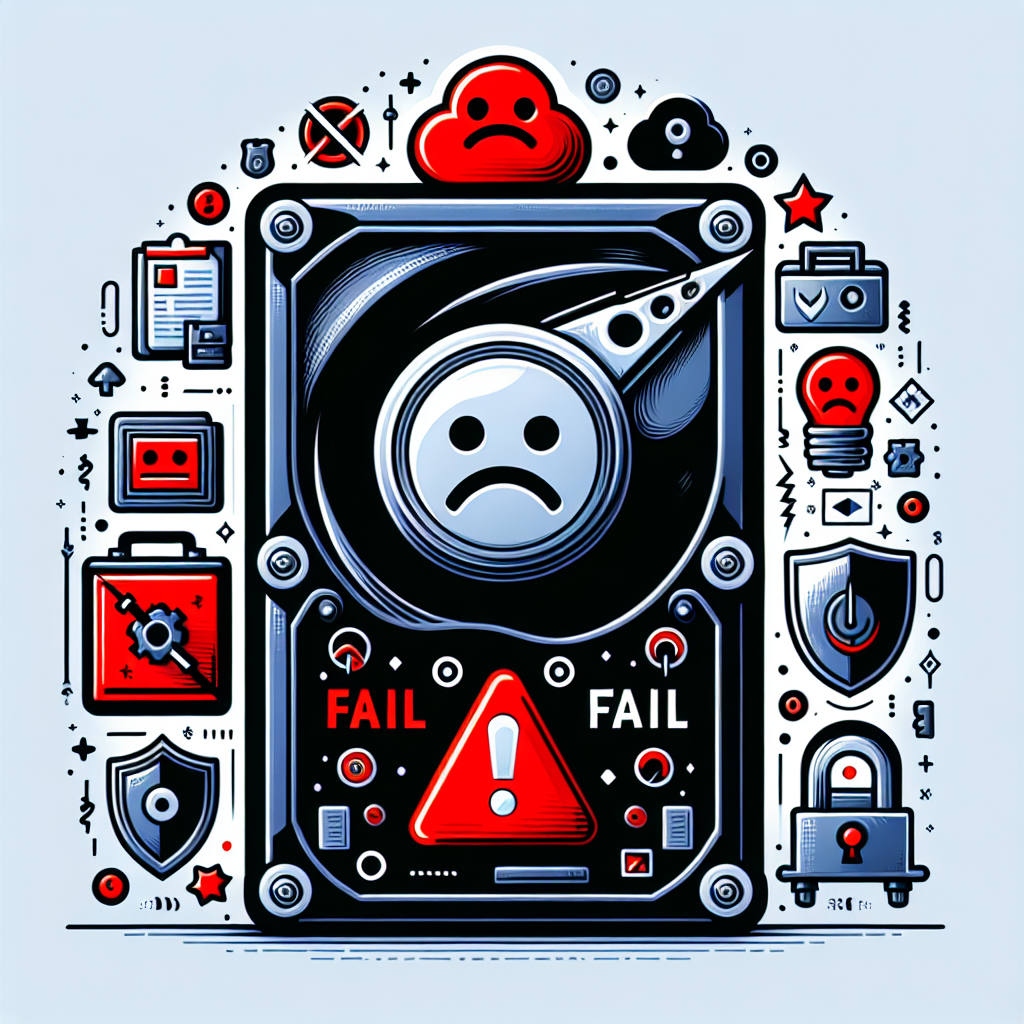Common Signs of Hard Drive Failure and How to Avoid Data Loss
Hard drives are essential components of our computers, storing all of our important data and files. However, they are not infallible and can fail unexpectedly, leading to potential data loss. It’s important to be aware of the common signs of hard drive failure and how to prevent losing your valuable information.
One of the most common signs of a failing hard drive is unusual noises coming from the device. If you hear clicking, grinding, or whirring sounds, it could indicate mechanical issues within the drive. Another sign to watch out for is slow performance or frequent freezing of your computer. This could be a result of bad sectors on the hard drive, which can lead to data corruption.
If you notice any of these signs, it’s crucial to act quickly to avoid losing your data. Here are some steps you can take to prevent data loss:
1. Back up your data regularly: One of the best ways to protect your data is to regularly back it up to an external hard drive, cloud storage, or a dedicated backup service. This way, even if your hard drive fails, you’ll still have a copy of your important files.
2. Use a surge protector: Power surges can damage your hard drive, so it’s important to use a surge protector to protect your computer from electrical spikes.
3. Keep your computer cool: Heat can also damage your hard drive, so make sure your computer is properly ventilated and not overheating.
4. Avoid physical damage: Be careful when handling your computer and hard drive to avoid dropping or bumping them, which can cause damage to the drive.
5. Install antivirus software: Viruses and malware can corrupt your data and damage your hard drive, so it’s important to have up-to-date antivirus software installed on your computer.
6. Monitor your hard drive: Use diagnostic tools to monitor the health of your hard drive and catch any potential issues early on.
By being aware of the common signs of hard drive failure and taking steps to prevent data loss, you can protect your important files and information. Remember to back up your data regularly, use surge protectors, keep your computer cool, avoid physical damage, install antivirus software, and monitor your hard drive’s health to ensure the safety of your data.


